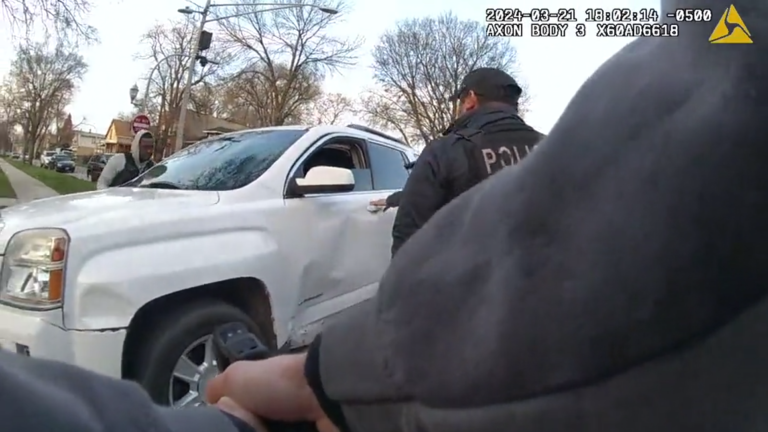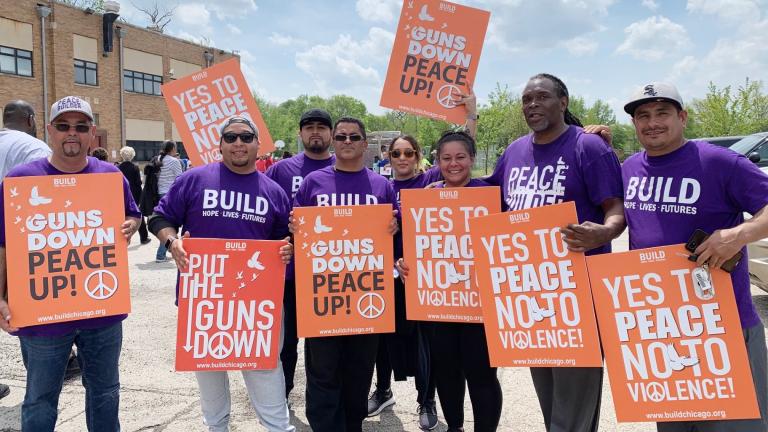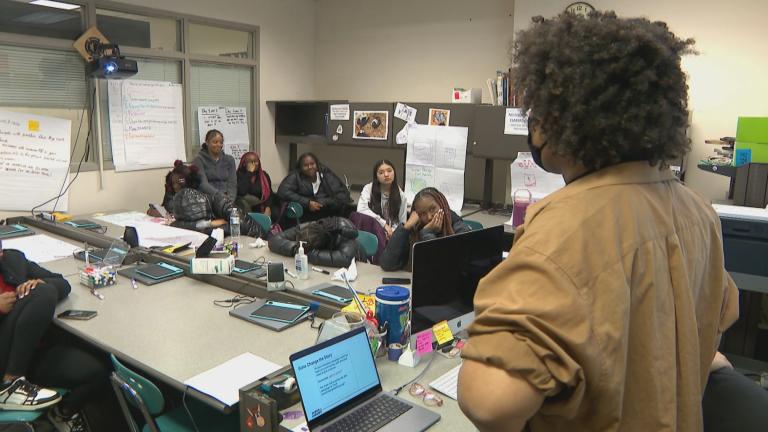An estimated one in five homicide victims are killed by an intimate partner, according to the Centers for Disease Control and Prevention.
The CDC also reports that about 75% of female domestic violence survivors and 48% of male survivors experience some form of injury related to intimate partner violence.
The Illinois Domestic Violence Hotline reported a 9% uptick in contacts received between 2020 and 2021, according to The Network for Advocating Against Domestic Violence 2021 annual report. In 2021, the hotline was contacted 32,363 times from across the state.
And the Chicago Police Department reported that there were 121 domestic violence-related shootings, which is a 64% increase from 2020.
With those grim statistics, Illinois lawmakers hope updates to domestic violence laws will help survivors of abuse.
“Illinois is one of the best funded states for domestic violence services. In this year’s budget we allocated $70 million,” said state Rep. Joyce Mason (D-Gurnee). “We also have one of the most comprehensive Domestic Violence Acts. So, we stack up very well compared to other states — but that doesn’t mean there’s not a lot of work still to be done and so many victims who need better protection and services.”
As a survivor of domestic abuse, this battle is personal for Mason. She wants laws changed but she also wants to educate people.
One change to state law allows survivors to appear at courtroom proceedings online. That allows hospitalized victims, for example, to take action against their abuser while staying safely distanced. Mason was a co-sponsor of that bill, SB3667.
There’s another bill, SB1677, that was signed into law that added electronic communications to orders of protection. Lawmakers hope it will cut off electronic threats and abuse.
“When the laws were originally written, we didn’t have all of these electronic things and once we did, it was kind of up to the judge to remember to add in ... all electronic communications,” said Mason. “It’s important because abusers can not only harass their victims, but they can also threaten them.”
The Illinois House of Representatives also passed a bill that would revoke guns from people accused of domestic violence, but HB676 (formerly HB1404) hasn’t been brought up for a vote in the Illinois Senate yet.
“Some of the pushback is concerns for the safety of officers going to somebody’s door who’s dangerous to collect weapons,” said Mason. “Although, think about how the victim feels if the officers are afraid to go.”
Mason also believes some lawmakers are concerned about the manpower it would take to collect weapons and how those guns would be stored. She’s hoping for a vote on that bill during the veto session in October.
“I’m confident that the General Assembly and the Senate can work it out so that we can protect the victims,” Mason said. “We need to put that first before anything else. We have to find a way.”








